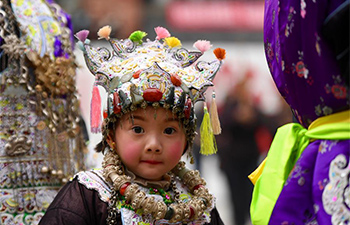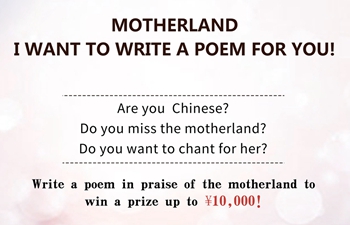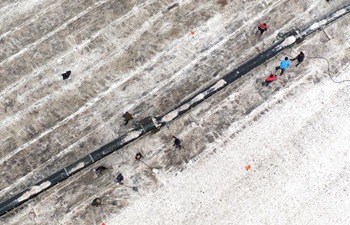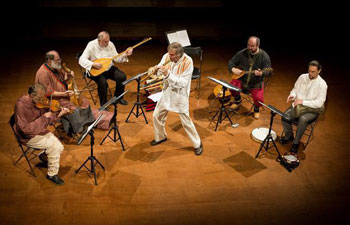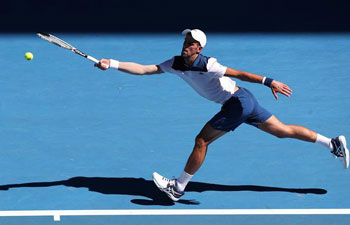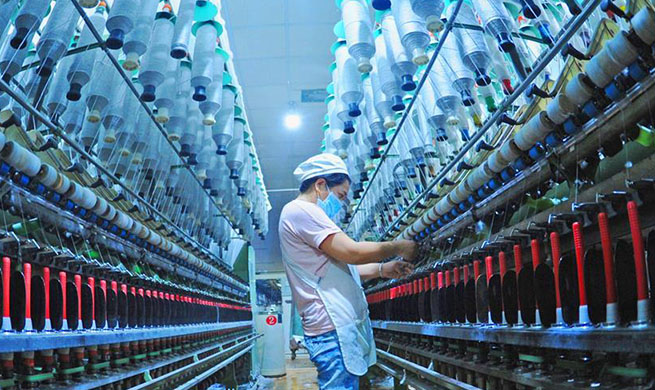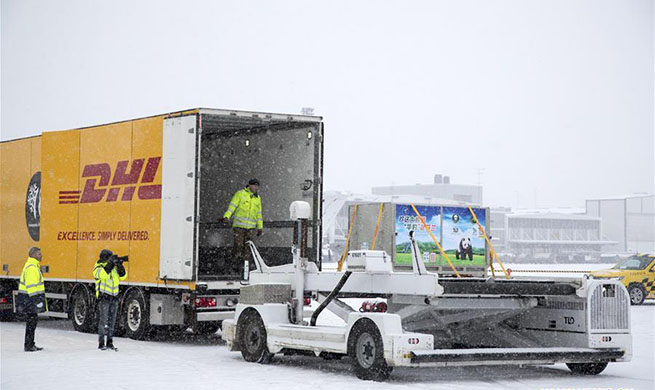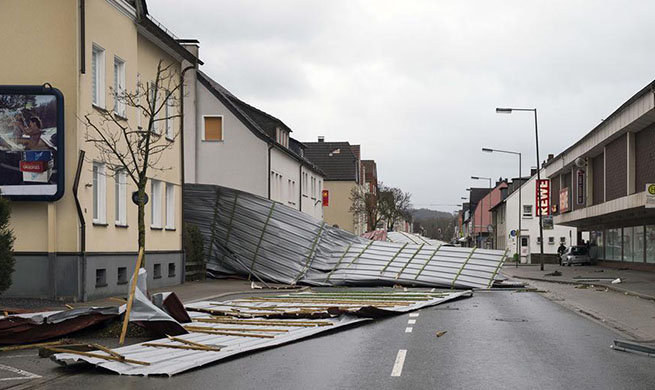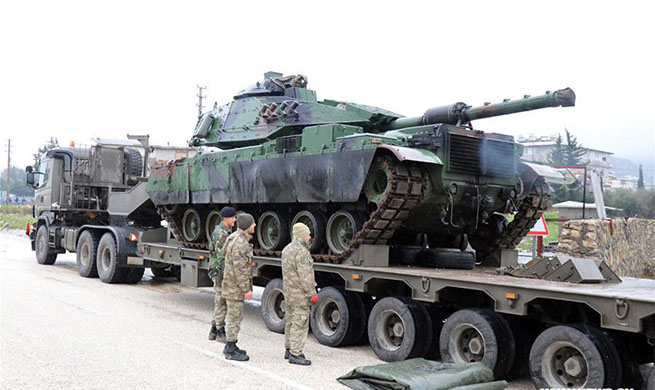UNITED NATIONS, Jan. 18 (Xinhua) -- Russian Foreign Minister Sergey Lavrov on Thursday stressed the importance of preserving the international agreement on Iran's nuclear program, saying failure of the deal would send "an alarming message for the entire international security architecture."
The overwhelming majority of the international community recognizes that the July 2015 agreement between Iran and the six world powers of Britain, China, France, Russia, the United States plus Germany -- the five permanent members of the Security Council plus Germany (P5+1) -- is making a tangible contribution to strengthening the nuclear non-proliferation regime and to the maintenance of international peace and security, Lavrov told the Security Council.
"We cannot for the benefit of political agendas of certain countries abandon a genuine achievement of international diplomacy," he said.
"The failure of JCPOA, especially as a result of one of the parties of the P5+1, would be an alarming message for the entire international security architecture, including the prospects for dealing with the nuclear problem on the Korean Peninsula," said Lavrov, using the official name of the international agreement, the Joint Comprehensive Plan of Action.
Lavrov was clearly referring to threats from Washington that it might pull out of the deal.
U.S. President Donald Trump on Friday waived nuclear sanctions against Iran, but warned that he was doing so for the last time to give time to "fix" the deal. Otherwise, the United States would withdraw from it, said Trump.
Tehran has said it will not renegotiate the deal, under which Iran agreed to limit its nuclear program in exchange for the lifting of international sanctions.
Lovrov noted that the Security Council itself bears a responsibility for the implementation of the deal as it supported the JCPOA by unanimously adopting Resolution 2231 in 2015.
Speaking at the same Security Council meeting, U.S. ambassador to the United Nations Nikki Haley insisted that Iran failed to comply with Resolution 2231, a claim that remains controversial as the International Atomic Energy Agency (IAEA), which is tasked by Resolution 2231 to verify Iran's compliance with the JCPOA, has repeatedly confirmed Iran's compliance.
Lavrov's position was echoed by representatives of several other countries at the council.
Dutch ambassador to the United Nations Karel van Oosterom said the deal is "a milestone accomplishment of international diplomacy."
It has been proved to be a success, as verified by the IAEA, the UN nuclear watchdog, he said.
Van Oosterom, whose delegation is the facilitator for Resolution 2231, said it is essential that all parties continue to fulfill their commitments to the JCPOA.
Swedish ambassador Olof Skoog said the Iran nuclear deal is an important example of the potential of diplomacy.
"The JCPOA is designed to ensure the exclusively peaceful nature of the Iranian nuclear program. This crucial agreement contributes to stability within the region and beyond and contributes significantly to strengthening the global non-proliferation architecture."
He said the European Union remains committed to supporting the full implementation of the JCPOA, and asked all other parties to stick to their commitments.
Francois Delattre, the French ambassador to the UN, called for the vigorous implementation of both JCPOA and Resolution 2231. Both texts, he said, constitute a cornerstone for regional and international security and stability.
"It is true that the agreement does not cover all our concerns, particularly Iran's ballistic missile activity. For this reason, we wish to see frank dialogue," the ambassador told the council.




